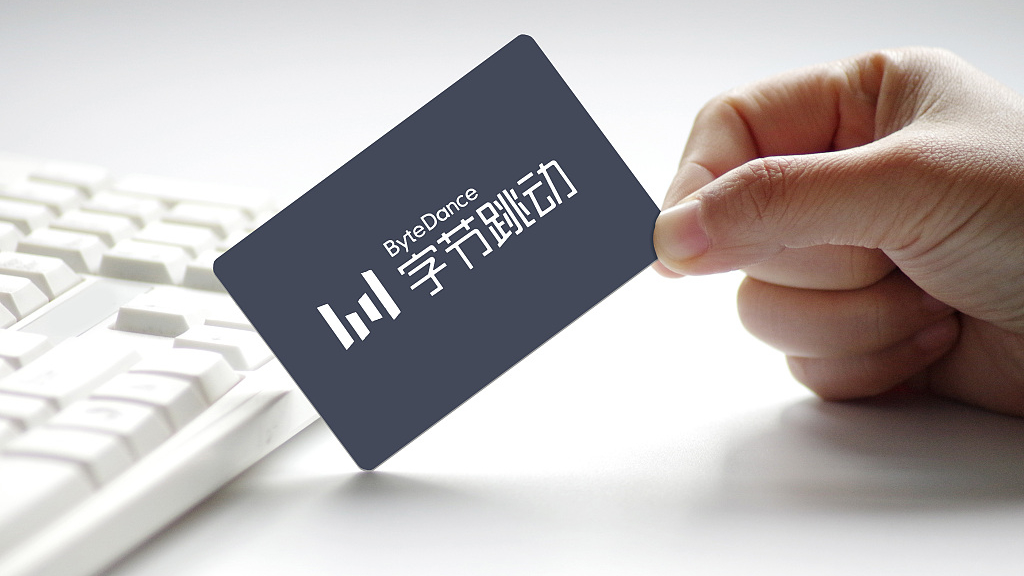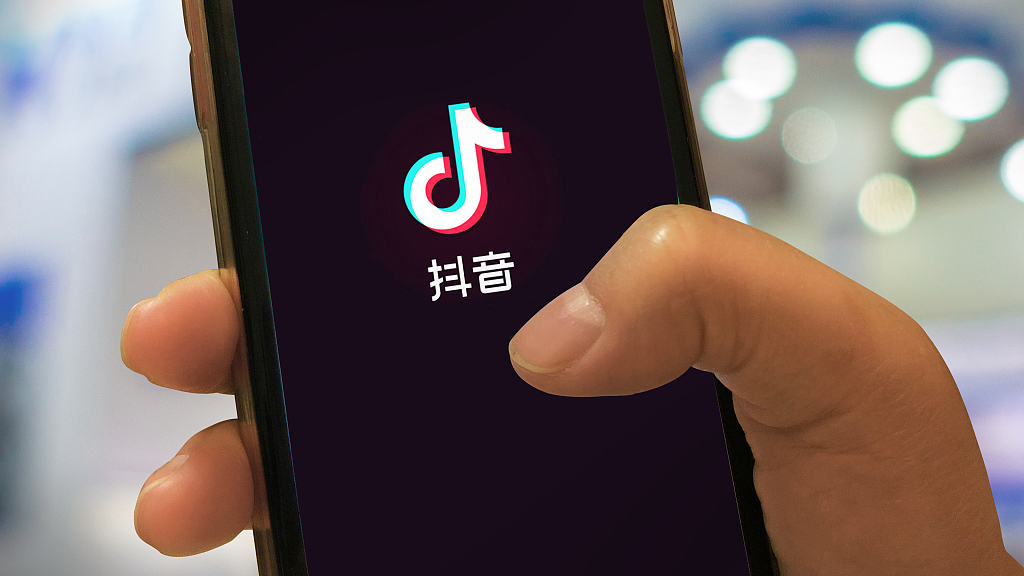
Editor's note: David Lee is a consultant and author based in Beijing who focuses on energy, health, international politics and international development. The article reflects the author's opinion and not necessarily the views of CGTN.
Despite the fact that the TikTok acquisition of the U.S. social media app Musical.ly was completed two years ago, the U.S. government has launched a national security review of Beijing-based ByteDance, TikTok's parent company, according to media reports that have surfaced over the past couple of days.
Last week, U.S. Senate Minority Leader Chuck Schumer and Senator Tom Cotton called for a national security probe, citing concerns about censorship, storage of personal data, and political influence campaigns.
The details of the review, now ongoing under the Committee on Foreign Investment in the United States (CFIUS), are not available, but CFIUS is in talks with TikTok about "measures it could take to avoid divesting the Musical.ly assets," according to media.
For some time, the American decoupling effort has focused on 5G, with Huawei taking on the biggest fire. Now the saga takes a new turn to include ByteDance, China's rising giant that operates content platforms. By launching the security review, a new decoupling frontline is opened. The strategic comprehensiveness of the decoupling is laid in plain sight.
For a long time following the Industrial Revolution in the 19th century, national strength and technological leadership had been built on mechanics, machinery, and metal hardware. In the 20th century, electronics came into play, but early electronics functioned in a way very similar to mechanics, i.e., as discreet parts and in silos.
In the digital era, connectivity and platforms define national strength and technological leadership. 5G offers the backbone technology for future connectivity, and Huawei is a recognized leader in the ongoing 5G competition.
Platforms of various nature, such as cloud computing and information-sharing, involve systems integration and ecological buildup. Being a complex mix of technology and business model, a platform is inherently more stable than discreet parts in silos when challenged by new competition.
That is to say – it is difficult to offer a new, credible platform in the digital age; but if a platform is established, it will be there to stay for some time.

TikTok is popular among young people. /VCG Photo
TikTok is popular among young people. /VCG Photo
Different from the cloud computing landscape, where Amazon's AWS and Microsoft Azure clearly dominate, Beijing-based ByteDance is the first Chinese company that demonstrates potential to compete against leading social media platforms such as Facebook and Twitter. This is because TikTok's hallmark short-video sharing service proves highly popular, particularly among young people.
TikTok statistics show about 60 percent of its 26.5 million monthly active users in the United States are between the ages of 16 and 24.
The thought of China actually offering a platform that widely disseminates information and quickly influences people must be horrible to many pundits in the United States. If Huawei's 5G is seen as a threat to American hardware, ByteDance gaining momentum is definitely seen as a soft power threat.
Currently, the American counter-offensive against ByteDance is to launch a national security review. Well, the United States is the builder of the rules-based modern world, and therefore a threat must be dealt with based on the rules.
Most conveniently, a national security review of a "dubious" and most likely "unscrupulous" Chinese-owned social media app that makes inroads in America offers a perfect example of the implementation of American rules.
From accusations against Huawei to the national security review case involving ByteDance, the world is seeing increasing evidence that American decoupling effort is targeting whatever areas where Chinese technology – from connectivity backbone to key platforms – may play a cornerstone role in the digital age.
The decoupling threat is forced upon Chinese high-tech players, who are becoming aware that they have no other way than to take on the fight. The challenges is though, in "rules-based" America, Chinese companies, despite being innovative and creative in high-tech fields, seem to be at a loss in dealing with rules that are creatively used against them.
What is the end result? When the decoupling is done, the technological dichotomy becomes the sad way of life and humanity is held hostage. I don't believe such an end result means victory to Americans.
(If you want to contribute and have specific expertise, please contact us at opinions@cgtn.com)